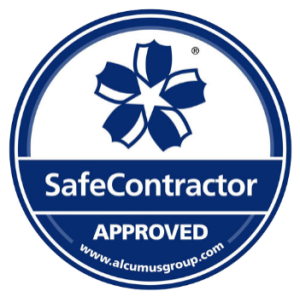What is PAT?
Commonly known as PAT (Portable Appliance Testing), in-service inspection and testing of electrical equipment helps Duty Holders (landlords, employers, business owners) comply with the Electricity at Work Regulations 1989 and meet their legal obligations, ensuring that they control risks arising from the use of electricity.
What does it involve?
A physical inspection of electrical equipment, ensuring that the casing, lead and plug are damage-free, correctly connected, suitable for continued use and that the equipment is suitable for use in the environment it is located. An electrical test is then conducted to ensure that there is no decay of protective insulation, and if earthed (Class 1), the earth is correctly connected to provide protection in the event of a failure.
Who should carry it out?
A competent engineer, qualified to a minimum standard of City & Guilds 2377 or equivalent, carries out the combined inspection and testing at the agreed frequency, based on a risk-based assessment in accordance with the IET Code of Practice 5th Edition and HSE Guidance FSG107 (Third Edition).
PTSG’s PAT capabilities
PTSG has more than 17 years’ experience in carrying out this service nationally across the UK for customers across a wide range of markets, including hospitals, universities, schools, colleges, government departments, manufacturers, retailers, pharmaceuticals, prisons, military bases, logistics, restaurants, hotels and hospitality. You name it, we’ve tested it!
Our team of >75 PAT engineers are highly qualified, experienced and fully competent in their chosen profession. Between them, they have over four centuries of combined experience. All engineers are enhanced DBS accredited, BPSS cleared and willing to undergo additional security vetting.
We hold all of the following accreditations [amongst many others]:








Who we serve
Our PAT engineers are located strategically across the UK, carrying out over 35,000 tests per day – that is almost 10 million tests per year.
Here are a few of the customers we serve, who continue to renew with us year after year:
![]()





![]()
![]()

![]()


![]()

![]()


![]()

![]()

![]()
Our unique approach includes:
- Cost effective compliance solutions
- Minimal disruption to our customers’ services
- Rapid reporting via Clarity
- Effective communication at all levels
- Swift mobilisation
- Safe and secure solutions
- Options for out of hours/evening/weekend testing
- Self-delivery across the UK
Free consultation















